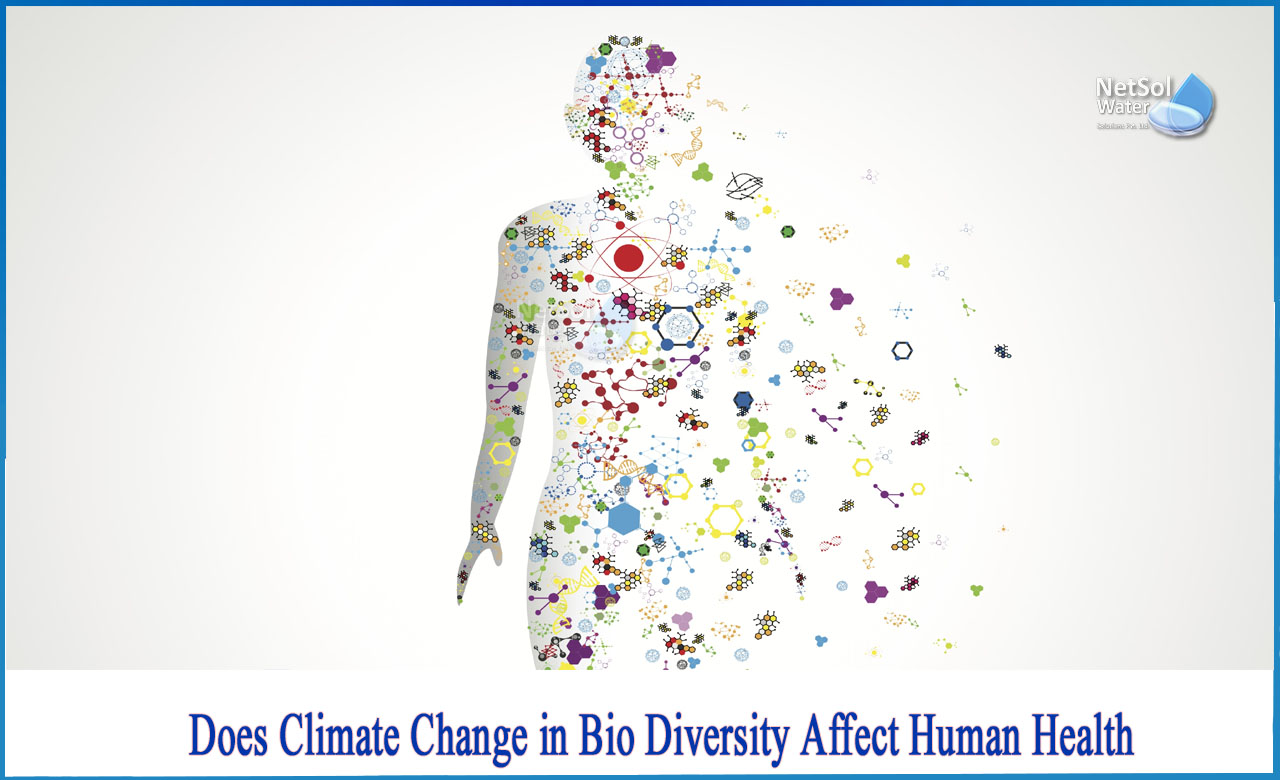Biodiversity and Health Threats
The health repercussions of biodiversity loss are causing considerable worry. Changes in biodiversity have an impact on ecosystem functioning, and major disturbances to ecosystems can result in the loss of life-sustaining ecosystem, commodities and services. Biodiversity loss also implies that we are losing many of nature's substances and genes that have previously delivered huge health advantages to humans prior to discovery.
Does climate change in bio diversity affect human health?
Natural habitats have diminished by about 47%. Seventy-five percent of the Earth's ice-free land surface has already been considerably changed, seas have been contaminated, and more than 85 percent of wetlands have been destroyed. There is compelling evidence that biodiversity is disappearing at an unprecedented rate, posing a hazard to food supply, particularly meat, dairy, and fisheries. Many species that contribute to critical ecosystem services, such as pollinators, natural enemies of pests, soil organisms, and wild food species, are also declining in population.
We often identify biodiversity with iconic creatures such as tigers, elephants, pandas, and polar bears. However, we fail to understand that millions of insects, microbes, and yet-to-be-discovered species are equally threatened. It is commonly understood that biodiversity is essential for the provision of food, fibre, water, energy, medicines, and other genetic elements. It is also well understood that biodiversity is essential for climate regulation, water quality, pollination services, flood management, and storm surges.
What affects species other than bio diversity?
Aside from biodiversity, climate change and its related severe events (droughts, floods, cyclones, hurricanes, and so on) are influencing species distribution, population levels, reproductive timing, and migration. As a result of these changes, there has also been an increase in the frequency of pest and disease outbreaks, which may have a negative influence on agricultural productivity and human well-being. Climate change is aggravating the effects of other factors on environment and human well-being.
What is its effect on people?
Poverty, prejudice, access to health care, and pre-existing health issues are societal factors that render some people even more vulnerable." This is exacerbated in Indian settings because to high levels of poverty and a deplorable state of public health infrastructure, as illustrated by the current Covid-19 outbreak. Many vector-borne illnesses, such as malaria, chikungunya, and dengue fever, will have a larger seasonal window and spread across a larger geographic area as a result of global warming. The loss of biodiversity, along with climate change, will have a compounding effect on human health.
Climate change, land and sea use change, resource overexploitation, pollution, and invasive alien species are all expected to aggravate negative consequences on nature. Climate change is also increasing the frequency and intensity of droughts, floods, and cyclones, which may have an influence on food supply and nutrition.
The Effects of Covid-19 on Biodiversity
Covid-19 is one among a large variety of illnesses caused. SARS, Ebola, avian influenza, and swine influenza are among the other recent epidemics. As we continue to disrupt ecosystems throughout the world, we should expect more viruses to spread from wildlife to people. In reality, 60 percent of new infectious illnesses might be caused by animals, with wild animals accounting for approximately three-quarters of these cases.
These illnesses can be transmitted to people in a variety of ways, including direct contact with wild animals and indirect hosts such as domestic animals. According to one research, animal-borne illnesses caused 2.5 billion infections and nearly three million deaths each year. Given that many illnesses are transmitted by wildlife, preventing the next pandemic may be dependent on how we manage our connection with environment.
Conclusion
As per researchers, the more biodiverse an ecosystem is, the more difficult it is for one virus to spread fast or dominate; on the other hand, biodiversity loss allows infections to move between animals and people. In complex, undisturbed ecosystems, pathogens tend to be diluted.
Netsol Water is Greater Noida-based leading water & wastewater treatment plant manufacturer. We are industry's most demanding company based on client review and work quality. We are known as best commercial RO plant manufacturers, industrial RO plant manufacturer, sewage treatment plant manufacturer, Water Softener Plant Manufacturers and effluent treatment plant manufacturers. Apart from this 24x7 customer support is our USP. Call on +91-9650608473, or write us at enquiry@netsolwater.com for any support, inquiry or product-purchase related query.



